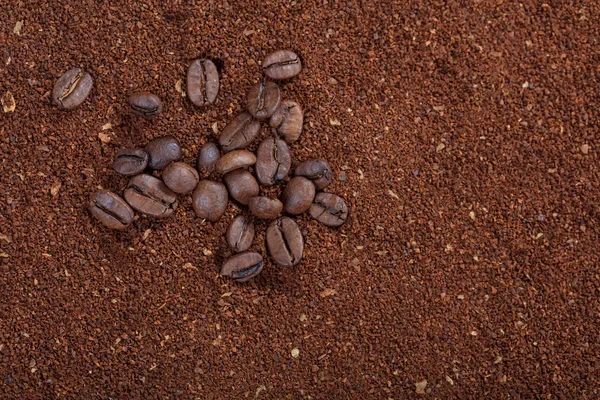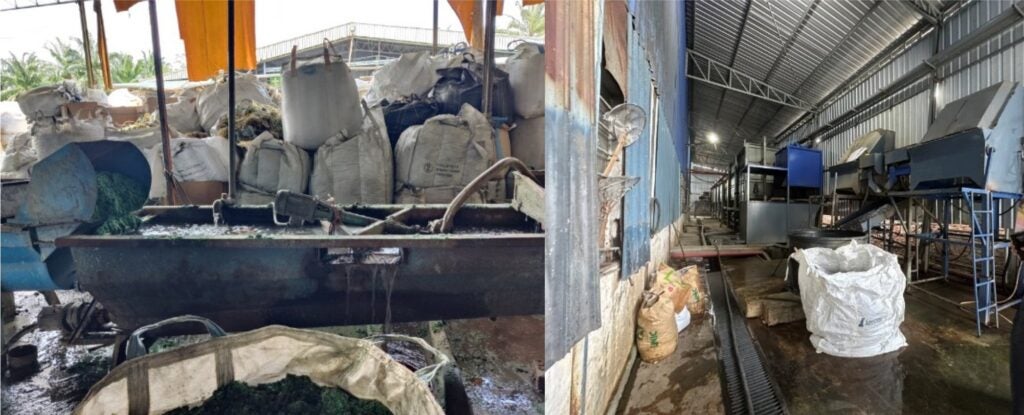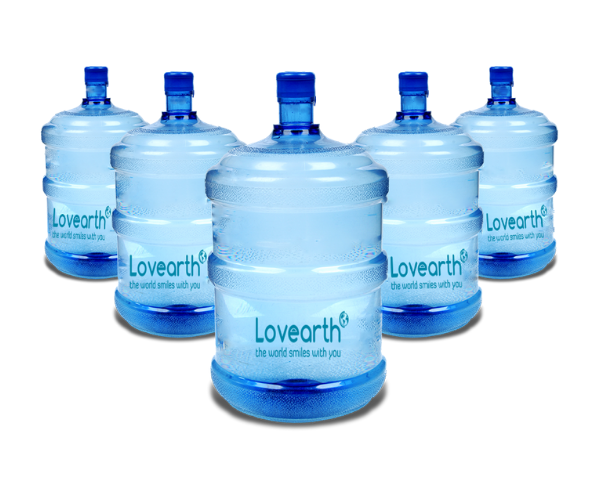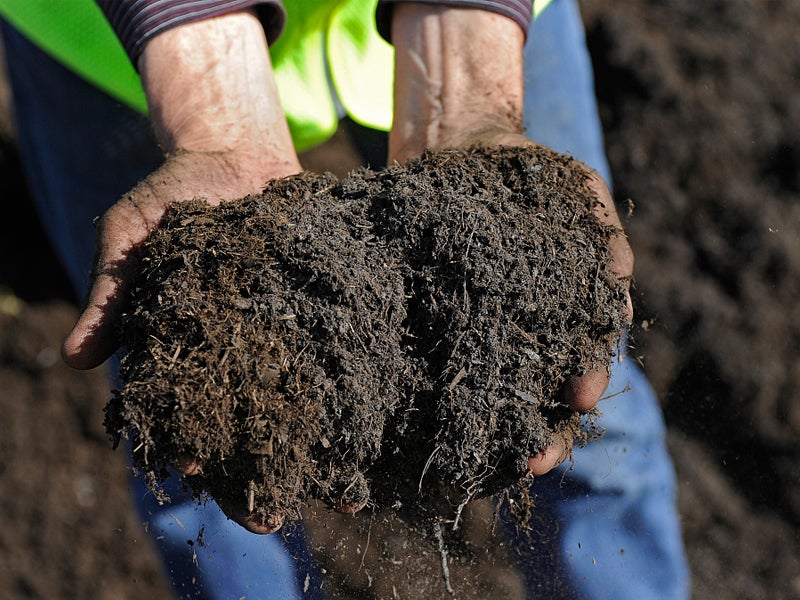Sustainable Innovation Studio
Do you know that only 7.2% of the global economy is circular? This means that more than 90% of materials are lost, wasted, or unused for long periods. Unfortunately, this situation is expected to worsen, and experts predict global waste production will increase by 70% by 2050. If this trend continues, pollution levels will rise, and we will need to extract more resources, which will cause irreversible environmental damage.
To address this challenge, we need to shift towards a circular economy that focuses on reducing waste, recovering resources at the end of a product's life, and reusing them in production. Successfully enacting this change will significantly decrease the negative impact on the environment. It will also create new jobs and commercial opportunities for businesses and improve the efficient use of natural resources.
With significant environmental and economic benefits, many organisations are actively exploring ways to achieve circularity. As leaders of tomorrow, we offer this studio as a platform for you to learn about the circular economy and apply your creativity and innovativeness to help our industry partners accelerate their efforts toward achieving circularity. Join us and help shape the future!
Project supervisors:
- Dr Jovan Tan (jovan@nus.edu.sg)
- Dr Elliot Law (elaw@nus.edu.sg)
Studio timeslot in Semester 2 AY2024/2025:
- Thursday 1 pm to 4 pm @ iDP Studio 1 (E2A-02-01)
Food waste to food: valorising coffee waste
Project partner: the moonbeam co.
the moonbeam co. is gaining momentum in the food tech industry by transforming spent coffee grounds into baked goods. Currently the company manages centralised waste streams (such as from large-scale brewing operations) but there are significant untapped resources from decentralised waste such as spent grounds from espresso machines used in cafes and smaller food and beverage establishments.
This project aims to develop a proof-of-concept solution that can efficiently process such decentralised waste streams on-site and convert them into baked good. The challenge in this project is to decentralise the moonbeam co.'s existing process, enabling local processing without relying on a central hub, while maintaining product quality, scalability, and sustainability. The scope of work may include the following:
- Designing a system that collects, processes, and integrates spent espresso grounds into a consistent baking mix.
- Prototyping a machine that can autonomously operate in smaller cafes or offices.
- Ensuring the process is energy efficient and retains the nutritional properties of the grounds.
- Scaling the solution in a manner that ensures cost-efficiency as operations are expanded.

Redesigning plastic recycling systems
Project partner: NUS University Campus Infrastructure
Today, plastic recycling systems are often constructed with different components separately rather than as a complete system, leading to systemic leakages. These contribute to more environmental problems, such as leaking microplastics into waterways, than the benefits they provide.
The aim of this project is to design a self-contained plastic recycling system that has smaller footprint, cheaper to set up, and readily deployable and scalable. The solution can be deployed locally or in neighbouring countries to recycle plastic waste generated in Singapore. The project partner will provide mentorship, test-bedding opportunities for a small-scale pilot facility on campus, plastic waste as feedstock, and potentially a project grant.

Sustainable single-use water bottle
Project partner: Lovearth Water Pte Ltd
Do you know that Singapore is one of the world's greatest consumers of single-use plastics? Yet, in 2022 the domestic plastic recycling rate in Singapore is only about 6%. The vast majority of plastic waste are incinerated, with the incineration ash buried at Pulau Semakau that is expected to be fully filled by 2035.
While many organisations such as hotels and food and beverage operators are aiming to stop giving out plastic bottled water in favour of getting more patrons to switch to their own reusable bottles, plastic bottled water is still needed in many different settings because of its convenience and utility. Even though there are already other alternatives to single-use plastic water bottles such as beverage cartons, they may be less eco-friendly compared to plastic bottles. This is because they are not generally not recyclable due to their multi-layered design (comprising paper, plastic, and aluminium). Advances in recycling technology can improve the recyclability of beverage cartons, but very few facilities are equipped with such technology.
Thus, this project aims to develop solutions that can help with the transition from single-use plastic water bottles to more sustainable options without sacrificing convenience and functionality. Such solutions may comprise a synergistic closed-loop system in which the bottles are designed with minimal materials and carbon footprint.

Valorising municipal sludge
Project partner: E & ST Environmental Pte Ltd
Municipal sludge, a byproduct of treating municipal wastewater, is notably rich in nutrients. Unfortunately, many municipal treatment facilities worldwide choose to dispose of this sludge in landfills or incinerate it, often leading to significant land and water pollution and loss of nutrients.
The aim of this project is to thoroughly investigate the various treatment pathways and valorisation opportunities for municipal sludge. By exploring these pathways, we aim to uncover potential solutions that manage sludge effectively and harness its value for broader environmental and economic benefits.


